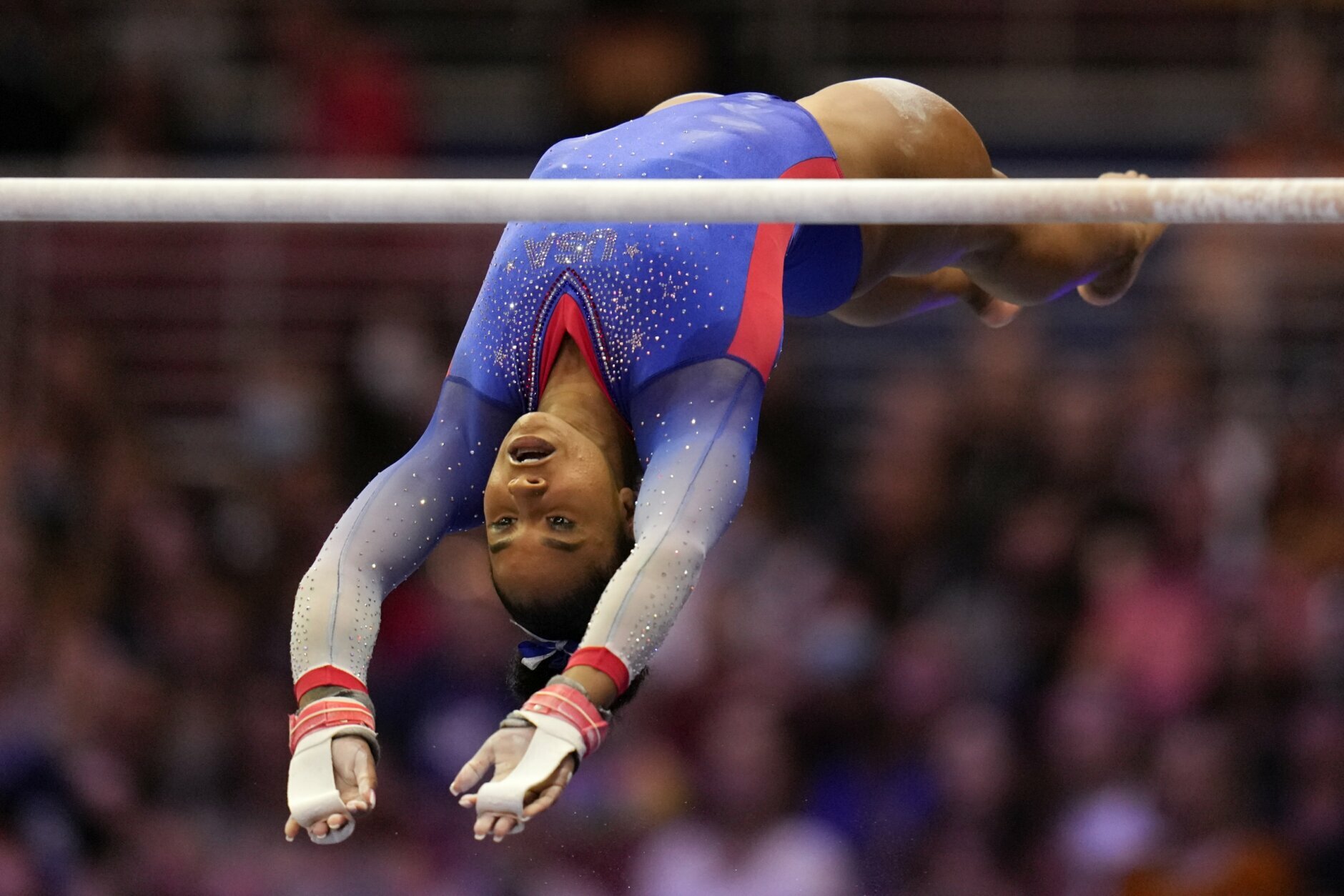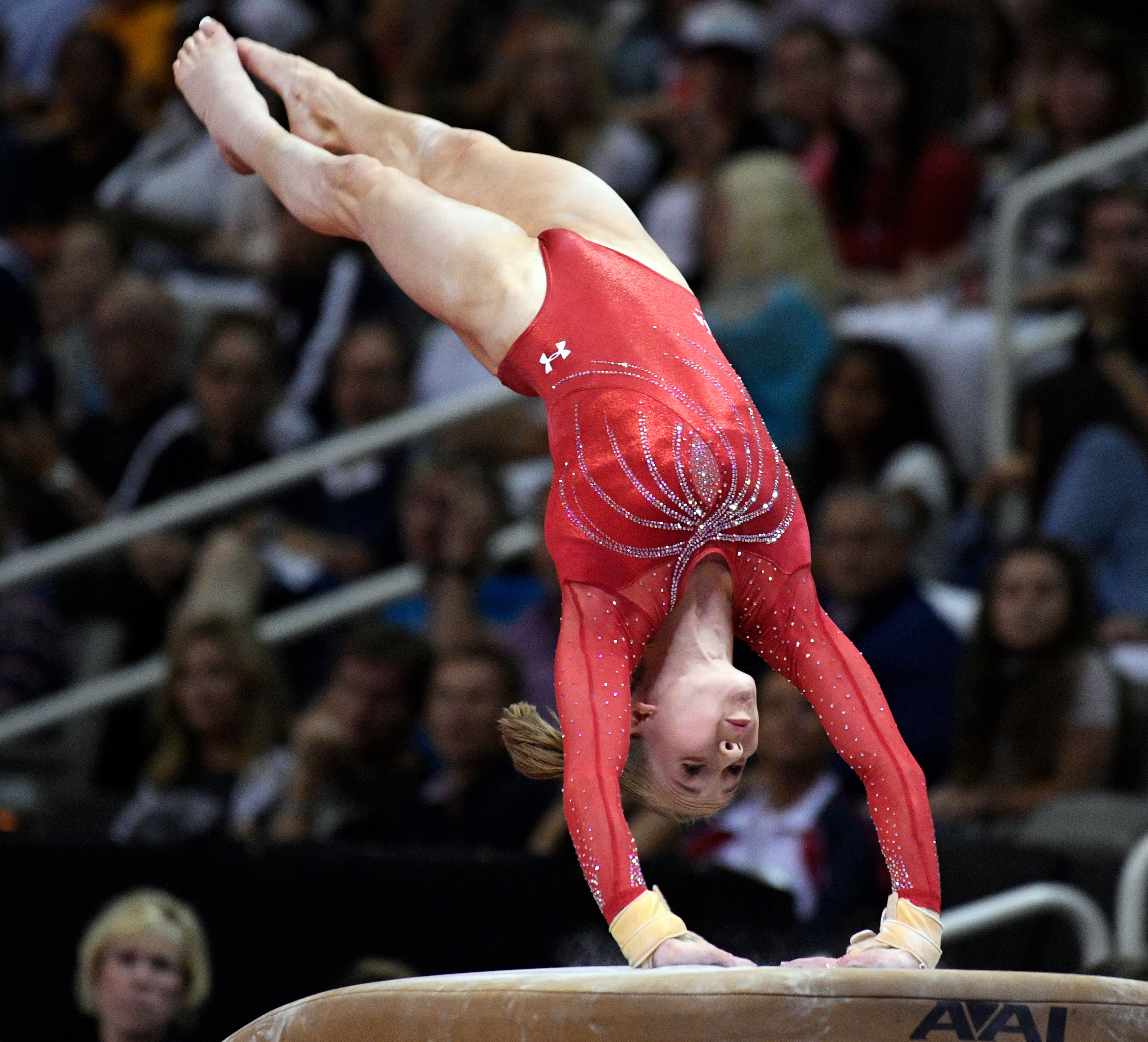Injury Types and Risk Factors
Gymnastics is a demanding sport that requires high levels of strength, flexibility, and coordination. As a result, gymnasts are at risk for a variety of injuries, including:
- Acute injuries: These are injuries that occur suddenly, such as sprains, strains, and fractures. They are often caused by a single traumatic event, such as a fall or a collision with another gymnast.
- Overuse injuries: These are injuries that develop over time due to repetitive stress on the body. They are often caused by training too hard or too often, or by using improper technique.
The risk of injury in gymnastics is influenced by a number of factors, including:
- Training intensity: The more intense the training, the greater the risk of injury.
- Equipment: The type of equipment used can also affect the risk of injury. For example, gymnasts who train on hard surfaces are more likely to experience ankle and knee injuries than those who train on softer surfaces.
- Technique: Improper technique can put excessive stress on the body, increasing the risk of injury.
It is important for gymnasts to be aware of the risks of injury and to take steps to prevent them. This includes warming up properly before each workout, using proper technique, and training on appropriate surfaces. Gymnasts should also listen to their bodies and take breaks when they are feeling pain.
Injury Prevention and Management

Gymnastics olympic trials injury – Gymnastics is a demanding sport that requires athletes to perform complex and often dangerous maneuvers. As a result, gymnasts are at risk for a variety of injuries, including sprains, strains, fractures, and dislocations. However, there are a number of things that gymnasts can do to prevent injuries and manage them if they do occur.
One of the most important things that gymnasts can do to prevent injuries is to use proper training techniques. This means warming up properly before each workout, using the correct equipment, and practicing under the supervision of a qualified coach. Gymnasts should also avoid overtraining, as this can increase their risk of injury.
In addition to proper training techniques, gymnasts should also focus on conditioning. This means strengthening their muscles and improving their flexibility. Strong muscles and flexible joints can help to protect gymnasts from injuries.
If a gymnast does suffer an injury, it is important to seek medical attention as soon as possible. A doctor can diagnose the injury and recommend the best course of treatment. Treatment may include rest, ice, compression, and elevation (RICE), as well as physical therapy or surgery.
Medical Professionals and Injury Management, Gymnastics olympic trials injury
Medical professionals play a vital role in managing and rehabilitating gymnastics injuries. Doctors can diagnose injuries, recommend treatment, and provide guidance on how to prevent future injuries. Physical therapists can help gymnasts to regain strength and flexibility after an injury. Athletic trainers can provide support and guidance to gymnasts throughout the rehabilitation process.
Impact on Olympic Participation: Gymnastics Olympic Trials Injury

Injuries can significantly impact an athlete’s participation in the Olympic trials, affecting their physical, mental, and emotional well-being. The intensity and duration of the injury, as well as the athlete’s response to it, can determine the severity of its impact.
Physically, injuries can limit an athlete’s ability to train and compete effectively, potentially hindering their performance at the trials. The pain and discomfort associated with injuries can make it difficult to execute skills and techniques, affecting their overall performance.
Mental and Emotional Challenges
Injuries can also take a toll on an athlete’s mental and emotional health. The frustration and disappointment of being sidelined can lead to feelings of inadequacy, self-doubt, and anxiety. Athletes may also experience fear and apprehension about re-injury, which can affect their confidence and motivation.
Coping and Overcoming Injuries
To cope with and overcome injuries during the Olympic trials process, athletes need to adopt a positive and resilient mindset. They should seek support from coaches, teammates, family, and friends, who can provide encouragement and motivation.
- Setting realistic goals and adjusting training plans can help athletes manage their injuries and avoid further setbacks.
- Utilizing appropriate medical care and rehabilitation protocols is crucial for ensuring proper healing and recovery.
- Engaging in mental exercises such as visualization and positive self-talk can help athletes maintain their focus and motivation.
Overcoming injuries requires determination, perseverance, and a strong support system. By adopting these strategies, athletes can navigate the challenges of injuries and increase their chances of successful participation in the Olympic trials.
In the high-stakes world of gymnastics, injuries can shatter dreams and alter destinies. As the Olympic Trials loom large, athletes push their bodies to the limit, determined to secure a spot on the coveted team. Yet, in the pursuit of excellence, the risk of injury lurks ominously.
To navigate this treacherous path, gymnasts must strike a delicate balance between ambition and self-preservation. As we eagerly anticipate the gymnastics olympic trials schedule , we can only hope that our athletes emerge unscathed, ready to showcase their extraordinary talents on the grandest stage of all.
Gymnastics Olympic trials injury news can be devastating, but it’s important to remember that these trials are a testament to the incredible strength and determination of the athletes involved. For more information on the trials, visit gymnastic olympic trials.
Despite the risks, these athletes continue to push themselves to the limit in pursuit of their Olympic dreams. Their resilience is an inspiration to us all.